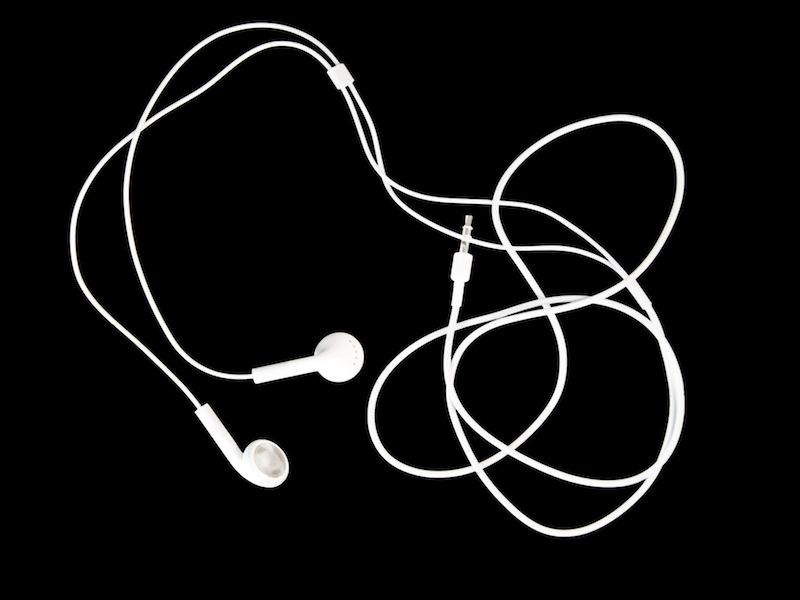
You don’t need to feel like your alone if you haven’t had a hearing test since you were a youngster. Regrettably, we have a habit of treating hearing loss reactively instead of proactively, and a normal adult physical generally doesn’t include a hearing test. In fact, even when they realize they have loss of hearing, most people neglect it for up to seven years which can significantly impact your health. As a matter of fact, untreated loss of hearing has been proven to increase your healthcare costs over the years.
The good news, In order for our hearing experts to assist you, we recommend a hearing test which is easy, painless and offers a wide range of information. Both to learn if interventions like hearing aids are helping you and also for diagnosing potential hearing problems. A full audiometry exam is more involved than what you might remember from childhood and you won’t get a lollipop or a sticker when it’s finished but you’ll gain a much clearer understanding of your hearing.
It’s essential that you routinely get your hearing checked even though you might not normally give your hearing as much consideration as your teeth or eyes. It can be a considerable time before you notice that there is a problem with your hearing. Hearing loss often happens slowly, and the sooner you recognize a problem with your hearing, the sooner you might be able to fix it.
When Should You Be Tested?
Usually the hospital will test newborns for hearing loss before they release them. Teenagers should be tested during regular checkups with their doctors and children should have formal hearing assessments at the ages of 4, 5, 6, 8 and 10 years old according to The American Academy of Pediatrics.
It’s suggested that if you are in between the ages of 18 and 49, you have your hearing checked every five years and then, as you get older, more frequently. You need to get tested every three years if you are between 46 and 60 years old and then every two years after you turn 60. But you might need to get checked more often. Your specific circumstances will dictate when you should be an exam. You should get your hearing examined right away if you notice it isn’t as good as it once was. Neglected loss of hearing has been connected to cognitive decline, depression and a greater risk of falling and other health issues. Your ability to work efficiently and your relationships can also be affected.
And you need to get a hearing test, in some circumstances, as soon as possible if you have hearing loss that is getting quickly worse. The following situations suggest that you should get a hearing test right away:
- You are experiencing a constant ringing in your ears
- You are experiencing vertigo
- There is earwax buildup or you had an ear infection
- You are unable to hear conversations, particularly when in crowded areas
- It is difficult to pinpoint where sounds are coming from
- You find yourself having to constantly ask people to repeat themselves
Another consideration is whether you are at a higher risk for hearing loss. For example, if hearing loss runs in your family or you are subjected to loud noises on a regular basis you should have your hearing examined more frequently.
Also, over 200 ototoxic medications exist. These medications can be quite harmful for your hearing and they range from certain antibiotics to aspirin. In order to make certain none of your medications are affecting your ears, consult your doctor. Consider having your hearing tested more often in order to address any loss of hearing right away if you are using any ototoxic medications.
Also, think about your habits and whether they might contribute to hearing loss. Are you using earbuds a lot? There’s been a significant rise in younger people with hearing loss, which many experts connect to the increased use of earbuds and other headsets. Your hearing can also be significantly damaged by loud concerts, shows, and machinery. Schedule your hearing exam today if it’s time for you to have your hearing tested.
